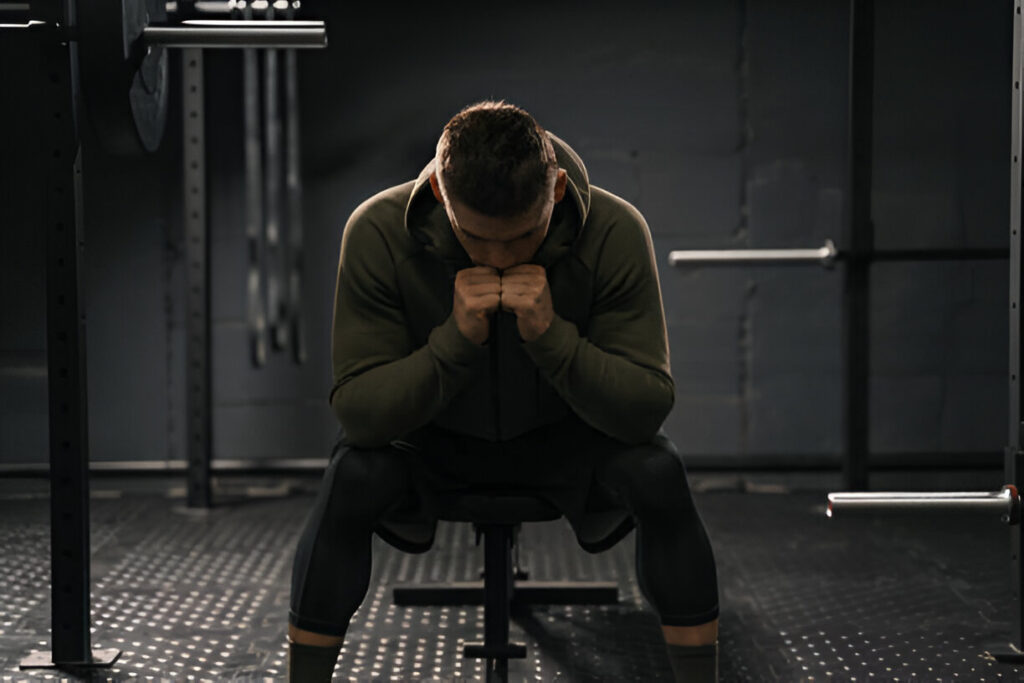Many people have their own way of dealing with depression and anxiety. Some like going to therapy, and others like taking medication. Some like working out or exercising. Surprisingly, there is evidence to show that exercise can help decrease many health problems, including mental health issues such as depression. Let’s explore other benefits of exercise on your mental health with Jordan Veiga.
Exercise Role In Mental Health
As mentioned before, there is a clear link between exercise and mental health. Working out and its other forms can alleviate signs of depression, anxiety, and mental health issues. Let’s talk about how it helps:
Endorphins
Endorphins are the feel-good chemical that the brain naturally produces and they have the ability to raise your mood.
Removes Worries From Your Mind
You can break free from the cycle of negative thoughts that can worsen your anxiety and depression. Instead, you can try thinking about something else.
The Emotional Impact Of Exercise
Exercise has shown to not only affect physical and mental health, but it can also impact emotional well-being as well:
Get A Boost To Your Confidence
You might receive a confidence boost by reaching even modest fitness objectives or challenges. Being physically fit can also improve your self-esteem.
Improve Your Social Interactions
Physical activity and exercise may present opportunities for social interaction. Your mood can be improved simply by smiling or greeting people.
Cope In A Healthy Way
An effective coping mechanism for anxiety or depression is to take constructive action. Symptoms can worsen due to attempting to feel better by drinking alcohol, obsessing over feelings, or hoping that anxiety or depression will go away on its own.
How To Get Started With Exercise For Mental Health?
It can be difficult at the start, as creating new habits is. However, once you have started, all you need to do is stick with the plan. Here is how to:
Discover Appreciation For What You Are Doing
Find out what kinds of physical activities you are most likely to engage in. Next, consider how and when you would be most likely to follow through. You may stick with something once you find enjoyment in it.
Talk To A Professional Healthcare Expert
Seek advice and assistance from your healthcare provider or mental health specialist. Discuss a physical activity regimen or exercise program and how it fits into your overall treatment strategy.
Have Reasonable Goals
You should not walk every day for hours to complete your goal. Consider what you might actually be able to accomplish. Then, start out slowly and gradually do more.
Make Room For Your Mental Health First
Physical activity is one of the most effective ways to enhance mental well-being. This leads to more activities to improve mental health. Soon, you will see that small changes can have big impacts. It is recommended to begin with some interesting activities and then try to incorporate more physical activity into your daily routine.



